Darsheel Safary was all of 9 when he got the opportunity to play the lead in Taare Zameen Par!!! He had no idea about camera, cinema, acting. No one from his family was part of the film industry. To this day he doesn’t know why Aamir Khan and Amole Gupte chose him.
But there he was, playing a character whose problems were completely alien to him. So Darsheel did what any child would do : he surrendered completely to Amole who had written the film and knew the character inside-out, and Aamir who handled him with kid’s gloves.
No one knew Taare Zameen Par (TZP) was going to have such an impact. Even today Darsheel has kids telling him they were not sent to boarding school after their parents saw TZP.
In his directorial debut, Aamir gave top billing to his juvenile hero, Darsheel Safary and happily and comfortably moves into a secondary position. Aamir is known to be quite a perfectionist. His directorial debut was not about the perfect shots. It was about getting it right by groping in the dark. It was about struggling to find a voice in a bustling bewildering wilderness…Most of all it was about the lost joys and fugitive innocence of childhood when getting the next sum in your mathematics copybook seems to be the biggest struggle in life, when you would rather hold on to your dyslexic dreams than your oversized school bags.
TZP wets our eyes and nourishes our souls without working the narrative up into a manipulative lather. Gentle evocative moments glimpsed from the window of the soul irrigate and cultivate the corridors of little Ishaan’s restless mind. TZP explores the bewildering labyrinth that traps a child’s mind in a state of unfinished ecstasy and enforced anguish.
Games
View AllThere have been significant films from India that look at a child’s world from inside, like Satyajit Ray’s underrated Pikoo and Santosh Sivan’s Halo. But if you look at Aamir’s deceptively simple narration, the double vision whereby we see the sensitive child’s cloistered and chaotic world from his perspective as well as from an adult perception, has its roots in Ray’s Pather Panchali. Writer and ‘creative-director’ Amol Gupte brings Ray’s Pather Panchali into the same range of vision as Federico Fellini’s Amarcord and Robert Benigni’s Life Is Beautiful. Ishaan could be Ray’s Apu from Pather Panchali transposed from the rural idyll of Bengal to the harsh stifling nightmare of Mumbai where the school bus uploads Ishaan like a perishable commodity. Each day is a struggle. Each morning a fight to get those reluctant feet into the assembly line… (pun intended). Many of the fringe characters in the school’s staff-room and in his immediate vicinity are deliberately portrayed as cartoonish and caricatural.
Aamir knows the ‘fundas’ of fretful growing up in and out and applies them with well-oiled wisdom. Have you seen how adults look while talking down impatiently and condescendingly to a child? Setu’s ceaselessly searching camerawork penetrates the child’s world without puncturing the bubble of the dreamscape that makes a child’s world so precious and preservable…Some of Shankar-Ehsaan-Loy’s remarkable songs and background music concretize the creative clutter in Ishaan’s mind.
Most importantly, Taare Zameen Par doesn’t give us a patronizing blueprint on how to bring up a child, specially a ‘difficult’ child. Sure, it’s tough being a kid in a grownup’s world. Aamir’s film lets this fact be known through subtle and not-so-subtle ways but always-sensitive modes of narration. There’re endless shots of underprivileged children captured on candid camera that makes the film unnecessarily self-important.
Hope floats in macrocosmic dollops in Taare Zameen Par. Now we see Ishaan smile a while. Now we don’t. But it isn’t easy being a parent either. There are no clear-cut dos and don’ts on parenting. My only objection in this film of enormous virtues is the sanctimonious lecture that Aamir’s character, which is of a modern-day sunny and eminently likeable avatar of Sidney Pottier in To Sir With Love, delivers to Aamir’s rather theatrically-played father in the film. This deviation from the delectable delicacy of tone adopted by the film, jars.
But then again, TZP isn’t in pursuit of the perfect voice. Amidst the babble of hysterical and ostensibly rational voices that govern little Ishaan’s world, the film finds a scintillating centre. A source of primary focus from where all the omissions of Aamir’s vision (why are all the kids in Ishaan’s building so thick-skinned?) appear not only excusable but even perfectly in sync with the fragile universe that the narrative creates for its little-big hero.
TZP is a work of multitudinous virtues and some negligible flaws. Most of all it gives us an actor who plays Ishaan with a tender force that sweeps our hearts clean of all cynicism. Playing Ishaan isn’t the cakewalk that it seems. Darsheel Safary had to first get out of his own child’s world and enter this other tormented and splintered world of childhood nightmares and delicate dreams. Darsheel negotiates the leap from one impressionable stratosphere to another without losing thread of the steps that take him across. I am sure Aamir’s guidance was invaluable to the boy.
Surely, there is much more to be said about the child’s ability to take instructions so attentively while playing a child who quite simply doesn’t listen to any extraneous voice!
Taare Zameen Par is a work of art, a water painting where the colors drip into our hearts, which could easily have fallen into the motions of over-sentimentality. Aamir Khan holds back where he could easily resort to an extravagant display of drama and emotions. He imbues the canvas of the child’s world with colors that portray the pale but prominent shades of life. As an actor and a filmmaker, Aamir’s sincerity is unimpeachable.
Subhash K Jha is a Patna-based journalist. He has been writing about Bollywood for long enough to know the industry inside out.
Read all the Latest News, Trending News and Entertainment News here. Follow us on Facebook, Twitter and Instagram.


)
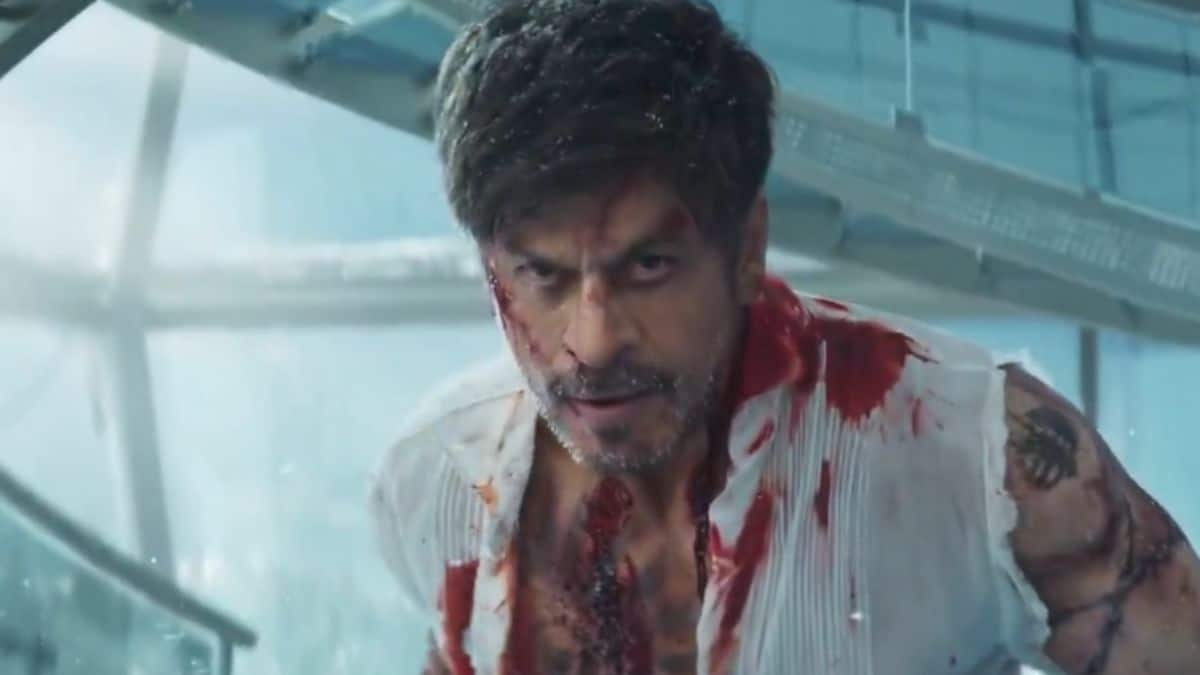
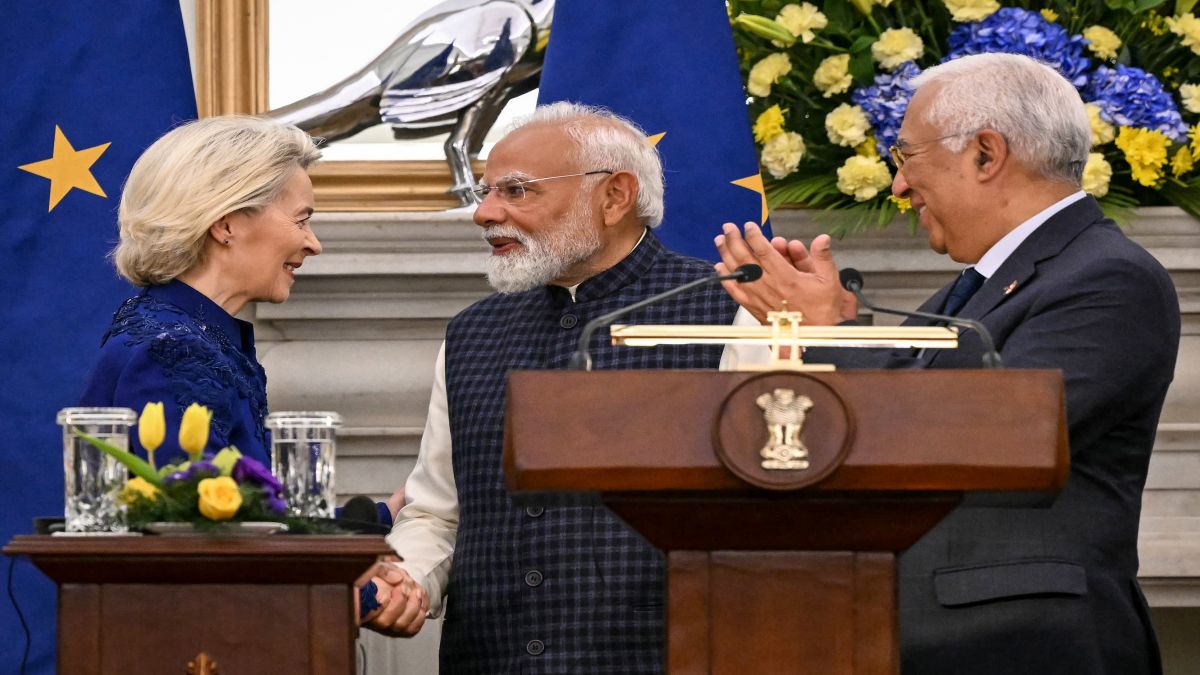)
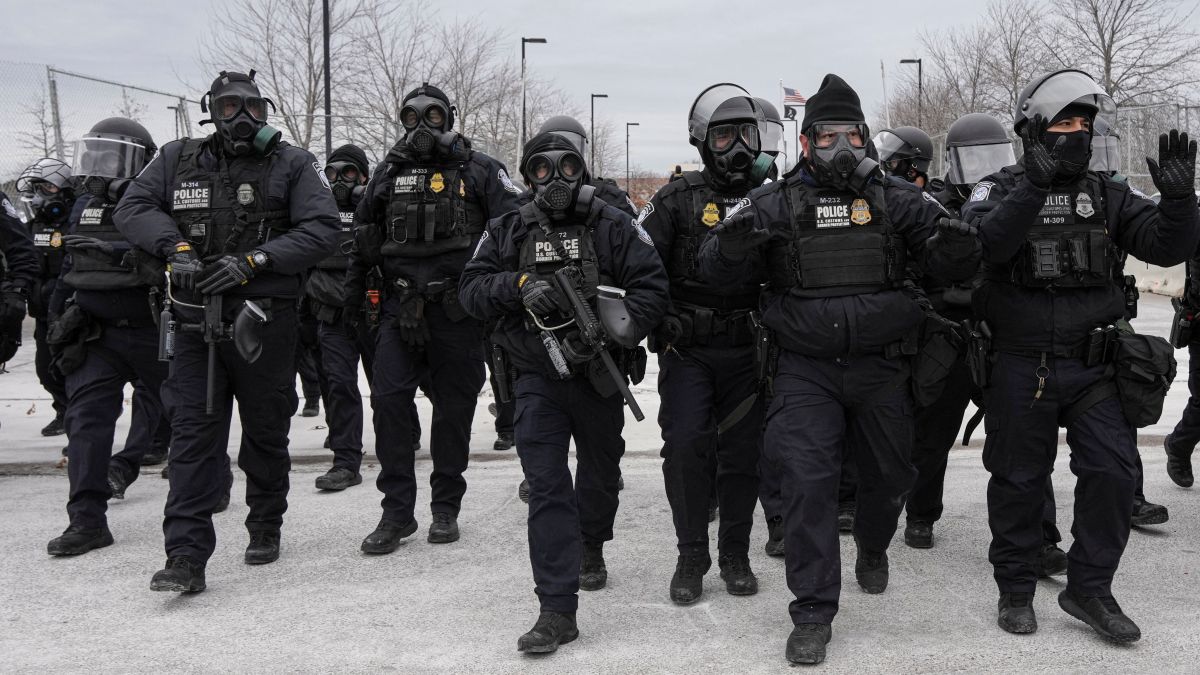)
)
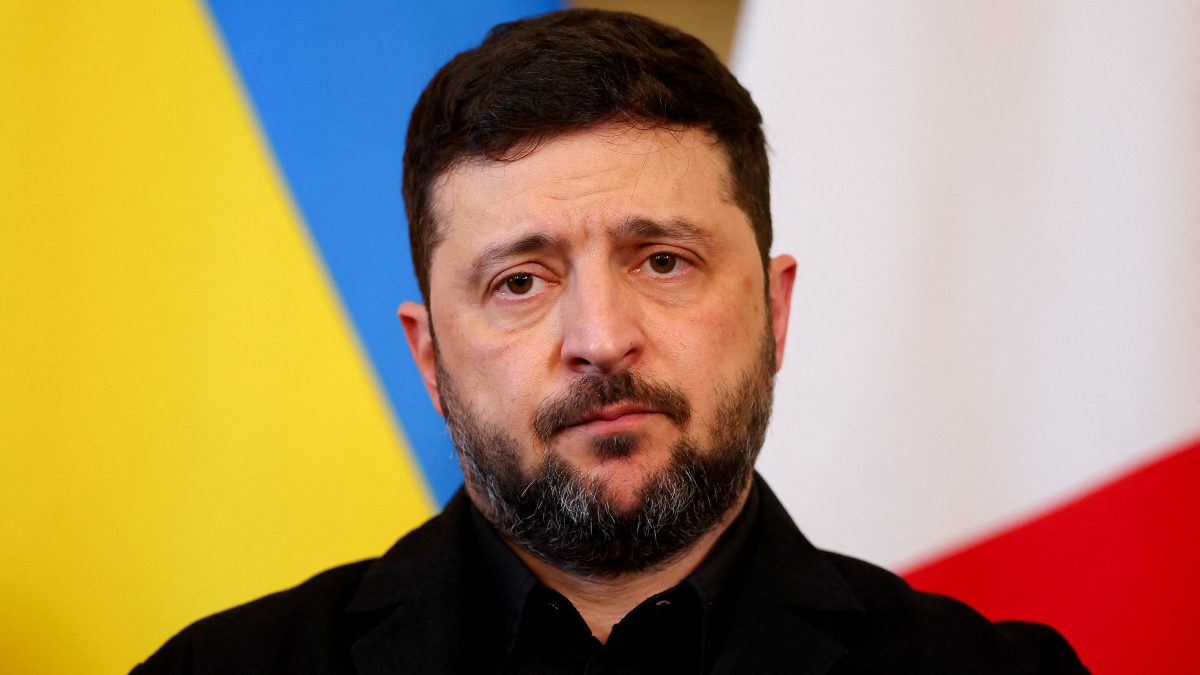)
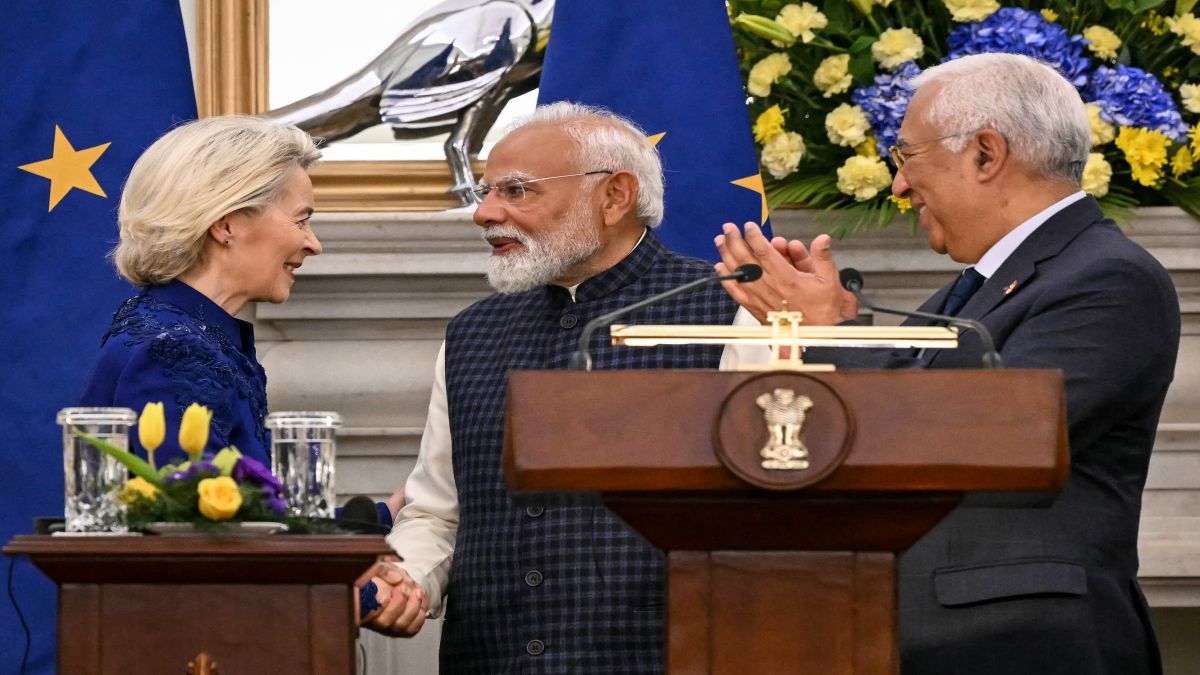)
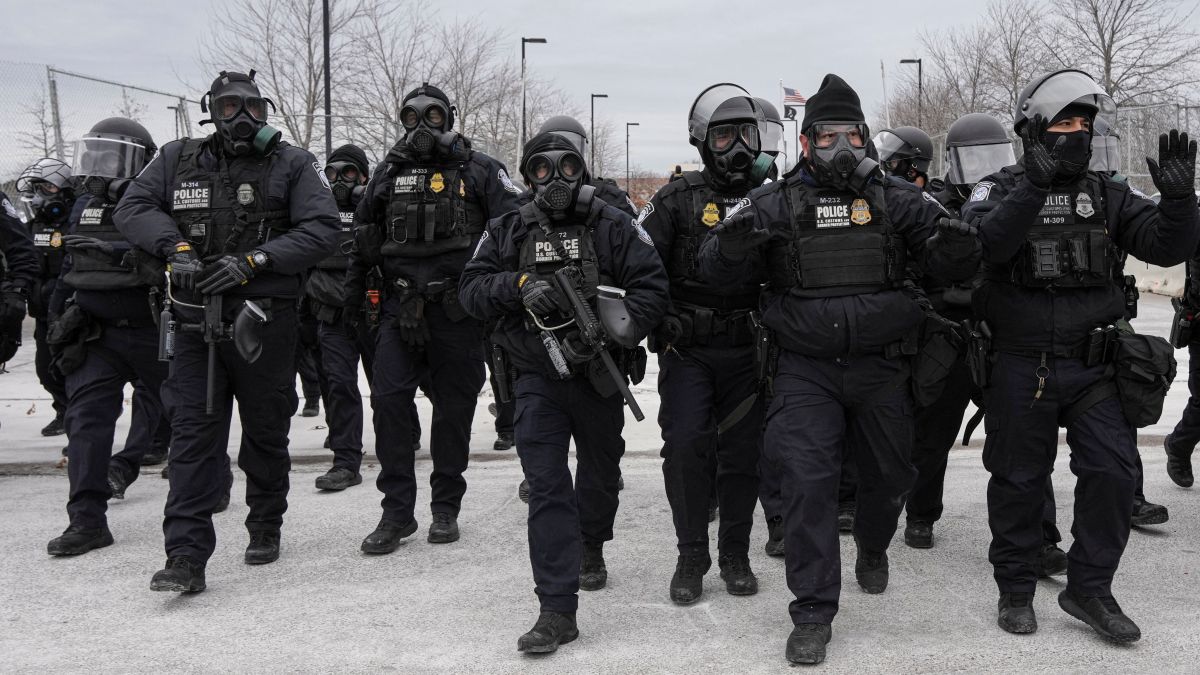)
)
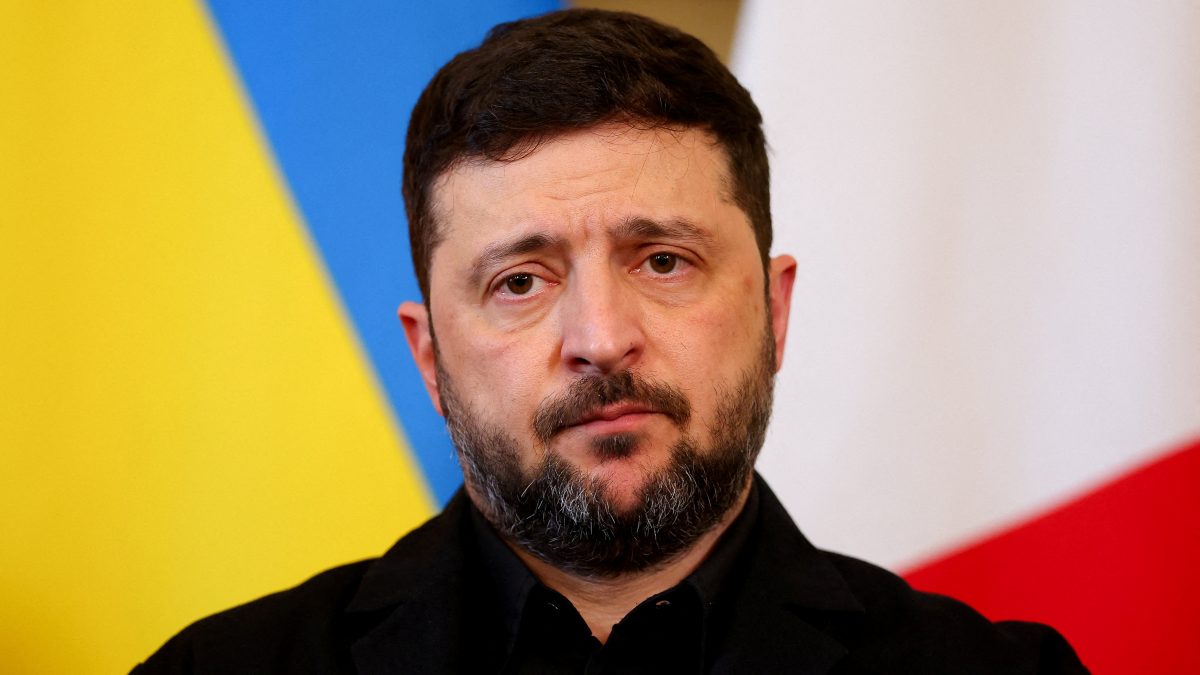)



